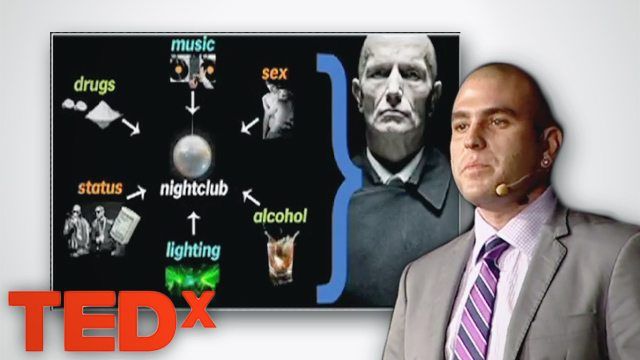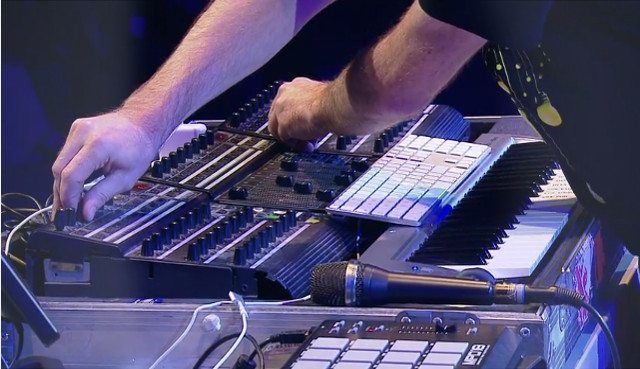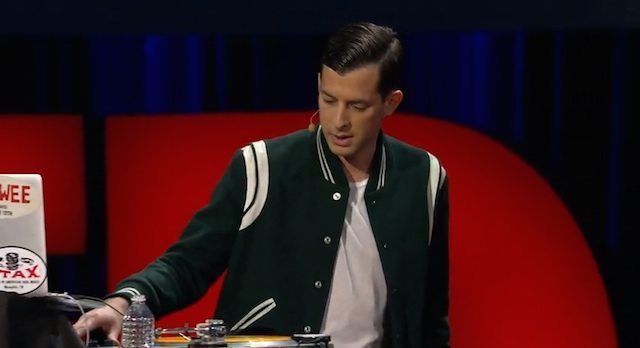This week, we’re featuring a TEDx talk by a researcher and friend of DJTT, Yale Fox. Yale focuses on studying the sociological elements in nightlife, and more specifically within nightclubs. This talk is a fascinating exploration of the factors at play and motivations that exist in club environments, click through to watch the talk and read an exclusive article on his work by Yale himself!
The Researcher In The Nightclub
My work focuses on how we can examine nightlife as a means of understanding society. Nightclubs are my research lab for a few different reasons.
First and foremost, there’s a different set of social rules within a nightclub. They’re known “mating grounds” where it’s more acceptable to step out of your regular character and approach members of the opposite sex. If you see a good looking individual at a grocery store you may not be obliged to walk up to them and say something, but the opposite is true in a bar or nightclub.
Secondly, nightclubs are accepted site of altered behavior – alcohol and other substances are consumed which have a powerful effect on the nervous system. Our biology is built up of drives that have evolved over millions of years to enhance survival. Similarly, on the other end of the equation is our sociology. For example, a primal urge could be violence, or to fight, despite knowing this can hurt someone and that it’s probably not the right thing to do. These two forces push against each other. In a nightclub environment, the push and pulls of these systems are manipulated.
Alcohol removes many of the top level, cognitive functions – stuff like manners, what we say and how loud we say it. The dis-inhibition of these functions makes the mechanisms of our prehistoric brain more pronounced, making nightclubs perhaps one of the most efficient machines for observing people.
You’re a DJ, Not A Scientist
It’s important to take the above factors in to account when crafting a DJ set and reading a crowd. It’s not only how much fun the patrons have throughout the night, but how they remember it. The use of alcohol and drugs effect not only how we experience the night, but how it is physically transcoded in our minds. Additionally, their mood going in and out of the night is drastically affected by the music.
Here is some evidence; Pay attention to the direct causal link between the stock market and what’s hot in the pop charts. Sure, it’s referencing the Billboard charts. Try to think more about the music and less about the content or what many people may consider as the “cheese.”
What is it that makes a song popular?
- One in a million talent
- One in a million timing
- One in a million marketing
Until Next Time
Our mood and the music we listen to are directly linked. This talk hopefully has shed some insight in to the meaning of why we listen to music as a species. This is one of the few studies out there made for nightlife using empirical evidence. Please keep in mind, this is data based on aggregation and is not necessarily explicit to every situation around the world.
Editor’s Note: We’re excited to feature Yale’s work here, and we’re already in talks with him about writing a piece on cognitive states relating to music – with a DJ perspective in mind, of course. Know of any awesome DJ appropriate research or TED talks? You know where to share them – the comments!









